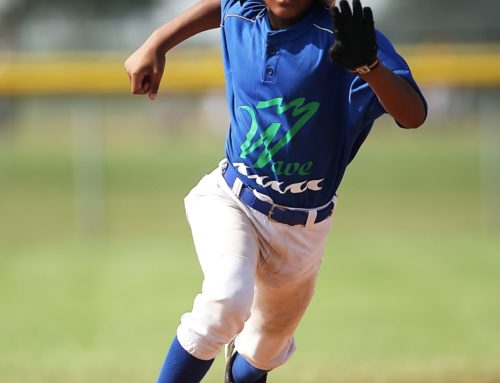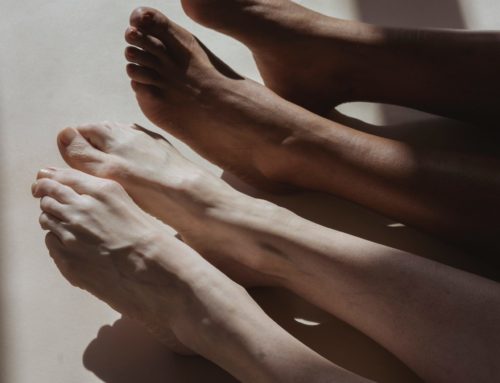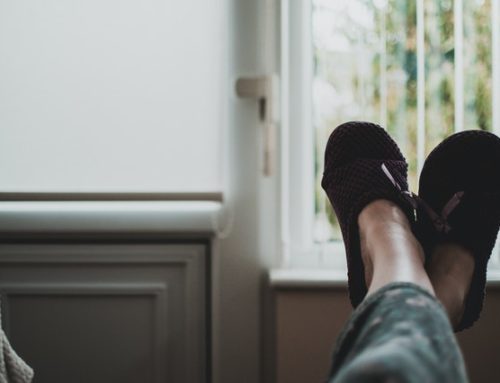Turkey Trot or Fun Runs are a great way to start your Thanksgiving Day! If you and your family are heading out for a pre-turkey work out, improve your performance by keeping your feet in top condition and take steps to control foot problems common in runners. The feet are vulnerable to injury and athletes should be on the alert for signs of foot problems that can slow them down if not treated promptly.
Heel pain
A common complaint from runners is heel pain caused by inflammation of the ligament that holds up the arch, a condition known as plantar fasciitis.
In athletes, heel pain can result from faulty mechanics and overpronation in which pressure is unequally applied to the inside of the foot. It also can be caused by wearing running shoes that are worn out or too soft.
At the first sign of heel pain, runners should do stretching exercises, wear sturdier shoes and use arch supports. In some cases, icing and anti-inflammatory medications, such as ibuprofen, are helpful. Should heel pain continue, custom orthotics, injections and physical therapy may be required.
Neuromas
Neuromas are another other common foot problem that affects runners. A neuroma is a pinched nerve between the toes that can cause pain, numbness and a burning sensation in the ball of the foot. Overly flexible shoes often are the cause and padding, orthotics or injections usually are effective.
Tendonitis
Serious runners can be sidelined with tendonitis if they ignore the warning signs of this overuse-related condition. There are several types of tendonitis and can be treated with rest, icing, stretching and anti-inflammatory medications, and sometimes with orthotics and physical therapy. Overzealous training can cause tendonitis, especially among beginners who try to do too much too soon.
It is a good idea for a beginning jogger to visit a podiatric physician before starting an exercise program. Your podiatrist will examine your feet and identify potential problems, discuss conditioning, prescribe an orthotic device that fits into a running shoe (if needed), and recommend the best style of footwear for your feet.
Frequent joggers should see a podiatrist regularly to check for any potential stress on the lower extremities.
Wishing you a safe, healthy, and happy Thanksgiving!
source: foothealthfacts.org






